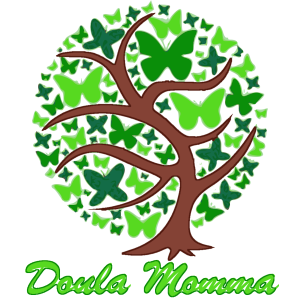The womb, also known as the uterus, plays a key role in pregnancy. It’s where a baby grows and develops for about nine months. Shaped like an upside-down pear, it’s located in a woman’s lower abdomen, between the bladder and rectum. Its muscular walls stretch and expand during pregnancy to accommodate the growing baby.
The womb consists of three main parts: the fundus, body, and cervix. The fundus is the upper part, while the body makes up the middle portion. The cervix, located at the bottom, connects the womb to the vagina. These sections all work together to support and nourish the developing baby.
Before pregnancy, the womb’s lining, called the endometrium, thickens to prepare for a fertilized egg. If fertilization doesn’t happen, this lining sheds during menstruation. However, when a sperm fertilizes an egg, the embryo implants itself into the thickened lining, starting the pregnancy.
The Womb and your Baby’s Development
Once the embryo implants into the womb’s lining, it begins to grow and develop. Its environment becomes essential for the baby’s survival. The placenta, which forms inside the womb, acts as the baby’s lifeline. It connects to the baby through the umbilical cord and supplies oxygen, nutrients, and removes waste.
The womb’s walls are very strong and flexible. They expand to accommodate the growing baby, yet provide protection. By the end of pregnancy, the womb can stretch to hold a baby weighing between 5 to 10 pounds. Hormones like estrogen and progesterone play a big role in keeping it healthy and ready for labor.
During pregnancy, the womb also produces amniotic fluid. This fluid surrounds the baby and helps cushion it from bumps and movements. It also helps regulate the baby’s temperature, creating a warm, safe environment.
In the final weeks of pregnancy, the womb prepares for labor. The cervix begins to thin and open, allowing the baby to pass through the birth canal. Once labor starts, the womb contracts to help push the baby out.
Conclusion
The womb is vital in pregnancy, supporting and protecting a baby from conception to birth. Its role, from nourishing the embryo to helping deliver the baby, highlights its importance in the journey of pregnancy.
